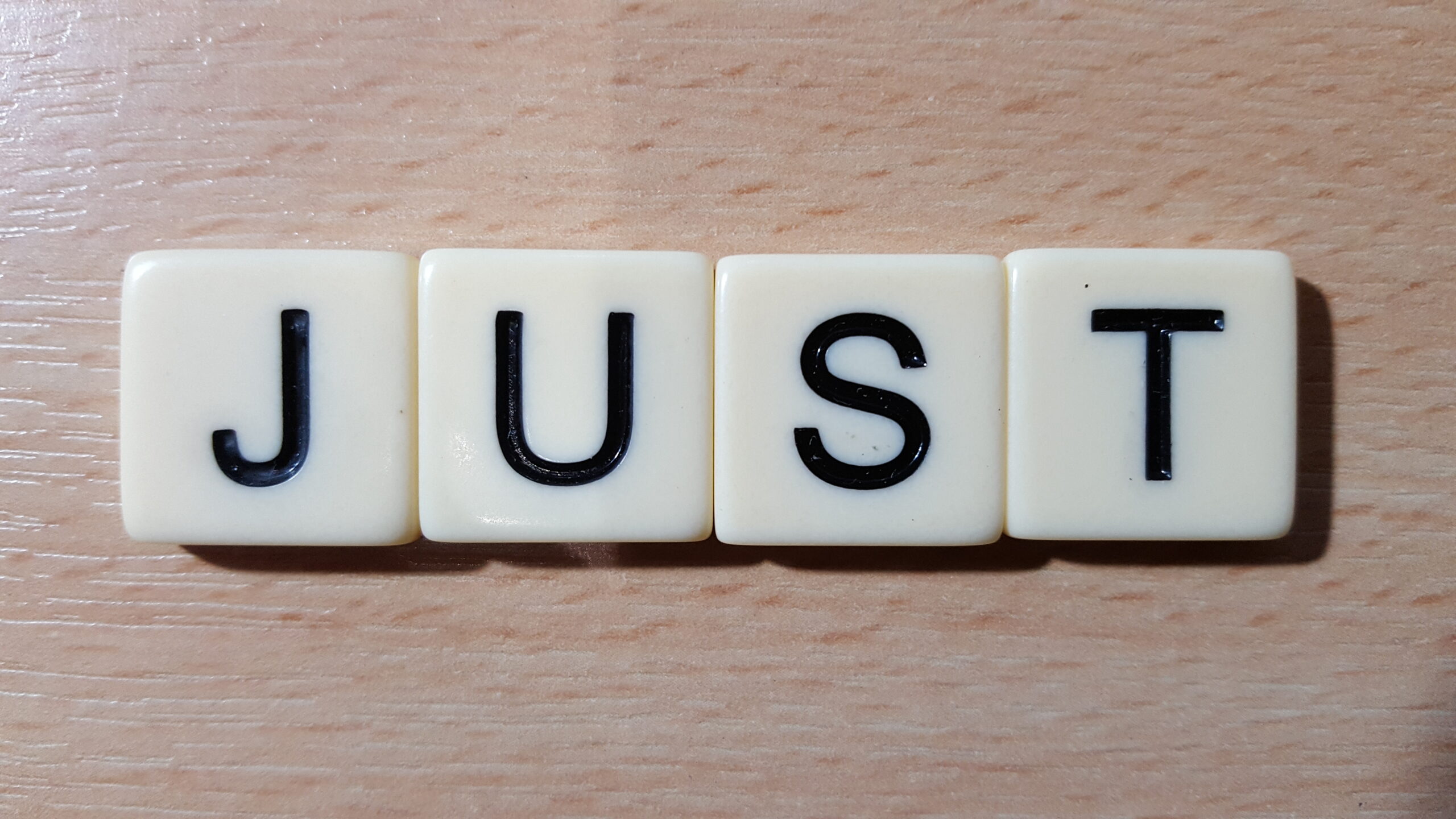Just and only are two words commonly used in English. We explain how they’re different and how to use each.
It might seem simple to use two small words as you wish, but that’s not always the case, especially in the complex realm of English grammar. Even native speakers can find grammar challenging due to the language’s extensive vocabulary and ever-changing rules.
ESL students shouldn’t expect to master English in a single lesson; it takes time to grasp the nuances of the language. A prime example of this complexity is seen in the use of the English words “just” and “only.” Regardless of your reason for studying English, whether for school, travel, business, or other purposes, understanding these common words is crucial.
In this article, we’ll delve into “just” and “only,” elucidate their differences, and provide examples to illustrate their usage.
What is your English level?
Find out your A1 A2 B1 B2 C1 C2 level of English with our quick, free online test.
What’s the Difference Between Just and Only?
Although these two words share similarities and are frequently swapped, there are nuanced distinctions: “just” is commonly employed to describe something that occurred a brief time ago (“it just happened a moment ago”), a usage not applicable to “only.” In most other contexts, you can substitute “just” and “only” without altering the meaning.
Using the Word Just
This term possesses several distinct meanings.
1. Very recently; in the immediate past
Examples:
We just finished a big project.
2. Only
Examples:
- I thought you were hungry, but you ate just half of your lunch.

Using the Word Only
In the majority of instances, you can substitute the word “only” with the word “just.”
Examples:
- Only/Just two students came to class on Monday.
When using the phrase “if only,” the word “just” can be used if the sentence structure is changed slightly.
Examples:
- If only he had studied harder, he would have passed the test.
The words only and just are interchangeable if the meaning is “only,” but not if the meaning is “very recently; in the immediate past.”
Are you C1 Advanced English?
Get your C1 Advanced English certificate now!
✓ Add your certificate to your resume
⭐ ⭐ ⭐ ⭐ ⭐
The meaning for “only” is often the same as the meaning for “just.”
Examples:
- We have just one son.
- We have only one son.
The definition of “very recently; in the immediate past” cannot be universally applied to both words.
- I’ve just washed the floor (a few minutes ago).
- I only washed the floor (and I didn’t wash the table).
However, everything relies on the context.
- Did you eat all the cakes? – No, I just/only ate one.
In the following sentence, we cannot use only instead of just:
- Why is the floor wet? – Because I’ve just washed it.
Word Order When Using Just and Only
The correct word order is crucial when employing “just” and “only.”
I’ve just had two pieces of pizza. (= I have recently eaten two pieces of pizza)
I’ve had just two pieces of pizza. (= I’ve eaten only two pieces of pizza, not 3 or 4 or 5)
It’s only English! Have fun!
What is your English level?
Find out your A1 A2 B1 B2 C1 C2 level of English with our quick, free online test.





